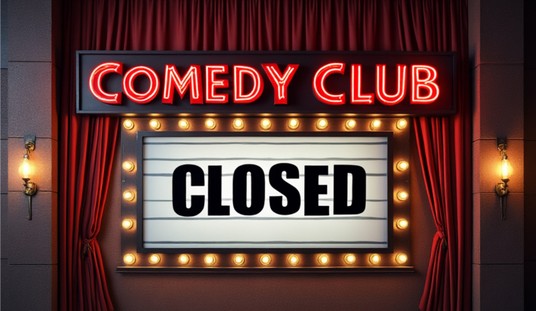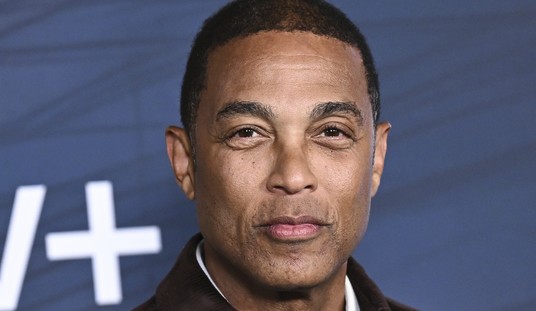Last fall, amid concerns that the Iran deal would result in a financial windfall for Iran’s proxy terror organization, Hezbollah, Congress passed the Hezbollah International Financing Prevention Act. It mandated new, stringent sanctions against banks and other financial institutions doing business with Hezbollah.
The bill passed unanimously in both the Senate and the House, leaving President Obama little choice but to sign it into law on December 18.
Though less in the spotlight recently than the Islamic State, Lebanese-based Hezbollah has killed more Americans than any terror organization except al-Qaeda; has a vast global reach encompassing Europe, Africa, and Central and South America; engages in drug trafficking and money laundering on a massive scale; and is the spearhead of Iran’s expansionist ambitions in the Middle East and worldwide.
As Michael Braun, former operations chief of the Drug Enforcement Administration (DEA), recently told the House Financial Services Committee:
[Hezbollah] metastasized into a hydra with international connections that the likes of [the Islamic State] and groups like al-Qaeda could only hope to have.
Asharq Al-Awsat, a London-based Arabic newspaper, reports on the effects of the congressional sanctions:
[Sanctions] led to the freezing of several [Hezbollah] accounts belonging to ministers, lawmakers and anyone who is in direct contact with, or close to the organization.
Asharq Al-Awsat and other sources also report that Lebanon’s treasury has started paying Hezbollah officials their salaries in cash in an effort to get around the sanctions.
On May 26-27, Assistant Secretary of the Treasury for Terrorist Financing Daniel Glaser visited Lebanon, and met with officials to discuss further ways of cutting into Hezbollah’s finances.
Jonathan Schanzer, a former terror-finance analyst for the State Department, says:
[Sanctions] led to a purge in Lebanon’s banking system; banks are dumping Hezbollah accounts. … One report suggests that as many as 10,000 accounts have been closed.
Schanzer warns, however, that Hezbollah still has massive military power, including 150,000 rockets for a prospective war with Israel:
[W]ithout a broader strategy to tackle Hezbollah’s foreboding forces, even the most valiant efforts to squeeze its finances will fall short.
However, Hezbollah is also running into tough challenges in the military sphere. A Washington Institute for Near East Policy report by terror expert Matthew Levitt and associate Nadav Pollak describes the organization’s current travails in Syria.
Last month’s assassination in Syria of Mustafa Badreddine, a senior Hezbollah commander, has “left the group reeling,” say Levitt and Pollak, “but not for the reason most people think.” Despite surmises that Israel was behind it, Levitt and Pollak believe Sunni rebel groups carried out the hit, which indicates just how deeply Iran’s proxy has sunk into the Syrian mud.
Levitt and Pollak note that since 2012, Hezbollah has “lost well over 1,000 fighters in battles against fellow Arabs and Muslims” in Syria — more than in all its wars and battles with Israel to date.
Whereas Hezbollah was lionized throughout the Middle East for its 2006 war with Israel, by now its “standing has fallen precipitously.” The Gulf Cooperation Council has blacklisted it, and the Arab League and even the Organisation of Islamic Cooperation have denounced it. Once celebrated for heroic “resistance” to Israel, these days “the group is seen throughout the region as a sectarian weapon in Iran’s arsenal.”
While Hezbollah leader Hassan Nasrallah keeps insisting that the Arab world backs Hezbollah, that is not the case:
Polling data from September 2015 paint a different picture, with 86 percent of Jordanians holding a negative view of Hizbullah, and the group scoring just 13-15 percent approval ratings in Saudi Arabia and the UAE.
Almost a year after the Iran deal, instead of reaping a windfall Hezbollah is caught in a whirlwind. With Congress targeting finances, the Sunni world bent on fighting it in Syria (and elsewhere, particularly Yemen), and its hold on Lebanon shakier than in the past, Hezbollah is in difficult straits.
The larger lesson: with resolve and action on multiple fronts, terror can be fought effectively. Even the Islamic State — despite the atrocities it keeps inspiring or committing in Western countries and elsewhere — is in battlefield retreat as the pounding continues.









Join the conversation as a VIP Member